For his generation, the reporter was ready to accept himself as a soldier, going to war as a matter of course, anyone could fall at any time... That memoir is not only like a special film about a generation holding pens and guns, but also spreads that courage and ideal for today's generation to reflect on, considering it a priceless lesson about professional courage amidst the challenges and chaos of today's writing career.
I once had the opportunity to interview journalist Tran Mai Huong when he was still the General Director of Vietnam News Agency and until today when I read this book I still remember what he said at that time: "For our generation, going to war was a matter of course...".
In fact, through the four wars of the 20th century, our country has more than 500 martyr journalists. They are those who fell on different battlefields, for the cause of national reunification, peace and freedom for the nation. Through many confirmations and comparisons, the number of martyr journalists of the Vietnam News Agency (VNA) is confirmed to be 262 people. Journalist Tran Mai Huong is one of those who survived and returned to recount those fierce war years.
He confided: “ Being a journalist, a news agency, especially a war correspondent, is a very harsh challenge. During the war, to be present in time, to witness events, reporters are truly soldiers. Dangers and sacrifices are always close at hand. Behind each news item and photo is the spirit of overcoming everything to complete the mission. Being present in time is difficult, working and bringing products to the agency, the editorial office sometimes also requires great sacrifices and efforts. Reporters not only face the enemy, bullets and bombs, but also have to overcome the thoughts and worries of each individual on the line between life and death to complete the mission of “those who write history with their own blood in the fire and bullets ”.
Journalist Tran Mai Huong lived through heroic and tragic years, witnessed historical moments and also the immense sacrifices, sufferings, and losses of people. Many of his colleagues fell on the battlefield, with cameras and weapons in hand, and unfinished news pages. That sacrifice is priceless... And those years are like a special memory, an unforgettable period of life, lingering in the verses he once wrote: " My hair and beard are now white/ But I only talk about the time when I was young/ How many times did the god of death call me/ Still have fate and debt, I can't bear to leave... "
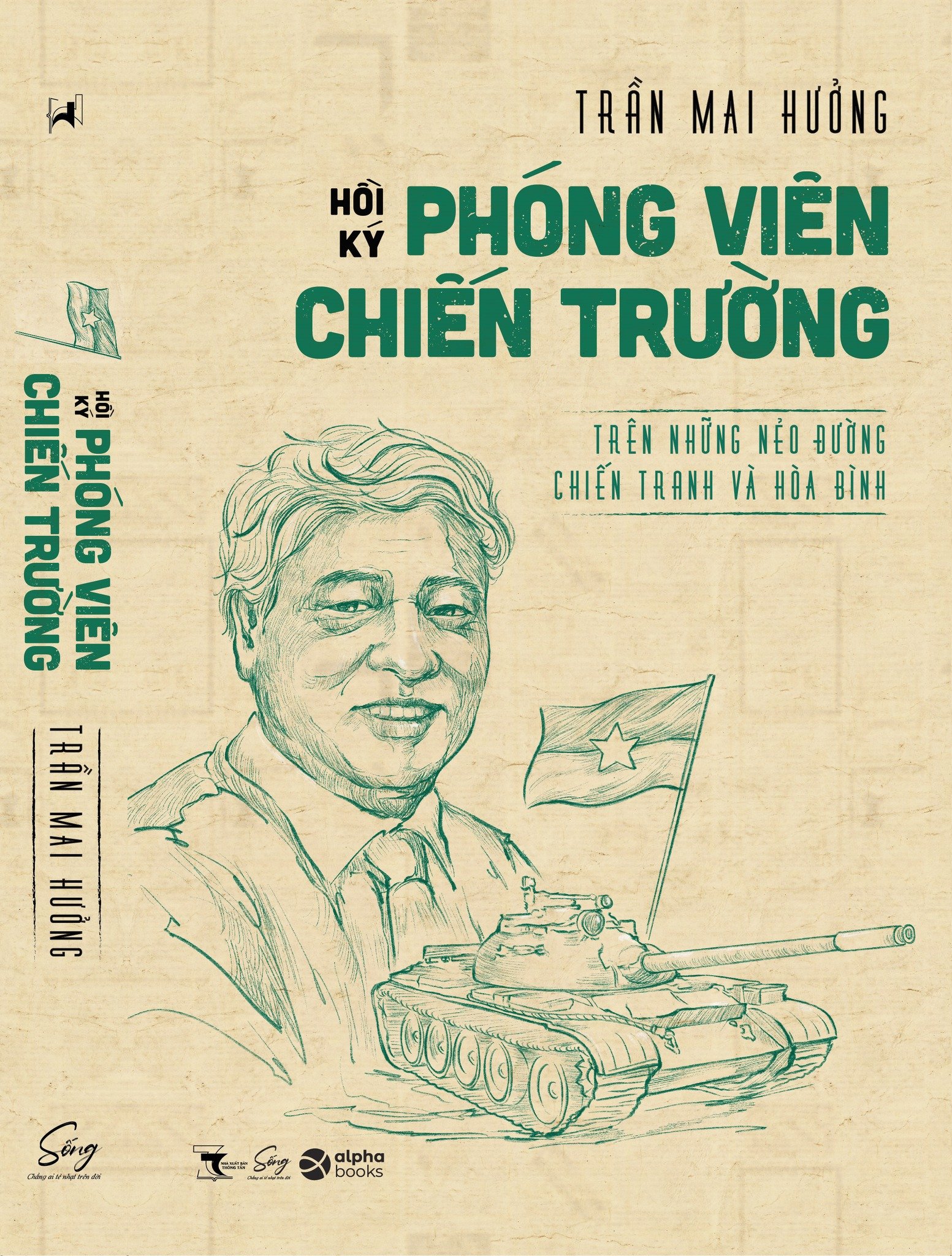
In his Memoirs, journalist Tran Mai Huong recalled many stories of himself, his colleagues, comrades, and the wartime he witnessed and experienced. The captivating storytelling skills of a veteran journalist made the reader seem to be drawn in and unable to stop…
Journalist Le Quoc Minh - Member of the Party Central Committee, Editor-in-Chief of Nhan Dan Newspaper, Deputy Head of the Central Propaganda Department, Chairman of the Vietnam Journalists Association commented: “Memoirs - Autobiographies are a difficult genre, and seem to be only for lives rich in experience. Journalist Tran Mai Huong has such a life. Since he was a very young journalist for the Vietnam News Agency, he was present very early in the great war against the US to save the nation. He experienced the "Red Summer" in 1972 in Quang Tri; was one of the first journalists to enter Hue when the ancient capital was just liberated; was present in Da Nang when the second largest city in the South was just liberated; was present at the Independence Palace on the historic day of April 30, 1975; was present in Phnom Penh on January 7, 1979, when Vietnamese volunteer soldiers and Cambodian revolutionary troops entered here, overthrowing the genocidal regime of Pol Pot; present in Ha Giang, Cao Bang in the fight against the invading expansionists...".
Reading this memoir, we can see that the fire of war has forged and trained the courage, steadfast spirit, and the ability to overcome all difficult challenges of journalists. Through their work, through articles, photos, and films - as reliable witnesses - reporters contribute to encouraging and cheering on cadres, soldiers, and people in the common cause. And for journalist Tran Mai Huong, "That is a proud professional honor!"
He also said that his job as a News Agency reporter gave him career opportunities, witnessed events and changes in life, and contributed his small part to the common work. It was in the vast and endless ocean of life that he was trained and matured.
And sharing a few things about this memoir, journalist Tran Mai Huong said: “ I wrote these memories when I was over 70 years old. Life appears like a slow-motion film through the years, with many events, many faces and circumstances lived. It has been 65 years since I left high school to study in the 8th class of VNA reporters. I have devoted my whole life to journalism. The job has helped me gain many experiences, go through many challenges in war and peace, and witness many major events in the country's history. For me, that is truly a great fortune.”
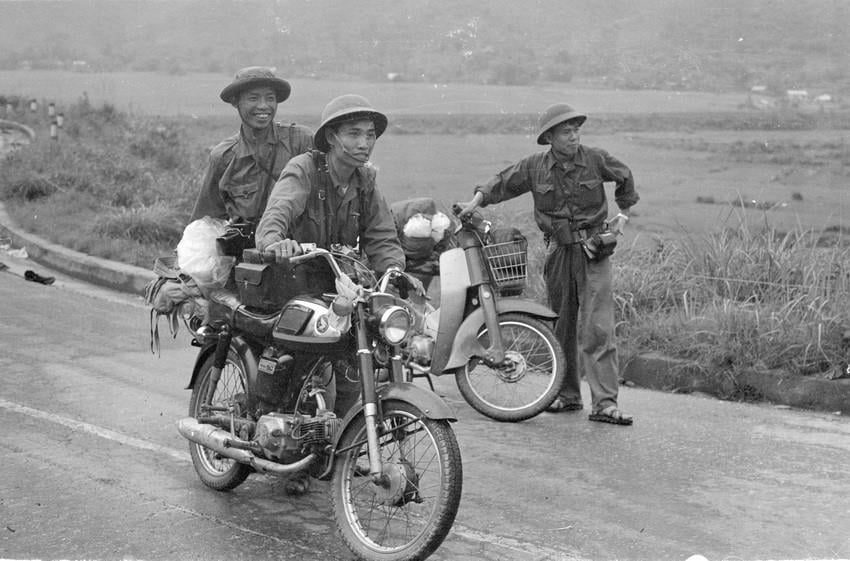
Reporters Tran Mai Huong, Ngoc Dan and Hoang Thiem are crossing Hai Van Pass to liberated Da Nang, March 29, 1975. Photo: Lam Hong Long (VNA).
The book “War Reporter Memoirs” is nearly 190,000 words long, 468 pages, 16x24, consisting of 11 parts, is the journey of a lifetime of a person who has gone through war and peace… truly valuable.
As affirmed by the President of the Vietnam Journalists Association: “ In his life, journalist Tran Mai Huong traveled all over the country, from Lung Cu - the northernmost point to Apachai - the westernmost point of the Fatherland. He went to the South Sea, the West Sea, to where the Da River flows into Vietnam, to where the Ma River loops back into Vietnam... He traveled from the East Coast to the West Coast of the United States, from the Atlantic to the Pacific. He traveled to many countries and continents in the world. But this book not only has footsteps but also the salty taste of sweat and the red color of blood; there are concerns and contemplations about the journey of a person's life through the harsh years of war and peace. With a seemingly simple yet poetic writing style, the Memoir is not only valuable to readers nationwide in general but also very valuable to us journalists in particular” .
It can be said that it is not only a “memoir” carrying the ego of the person involved but also for “us” - with a special source of energy spreading. It is not only the story of the “war reporter” Tran Mai Huong with his own feelings: “ As those who are lucky enough to return, the life in each of us is always heavy with the lives of many people who are no longer present. Therefore, how to live a worthy life, to live for the wishes of those who did not return, is always a big question for every person today” … but it seems to speak for journalists, the generation that enjoys peace. Because “how to live a worthy life” for our ancestors, how to work and contribute to our profession so as not to be ashamed of the blood and bones that were shed in the past…?
The memoir “War Reporter” also brings a great lesson, which is the lesson of professional courage, dedication and contribution… to the profession, to the Fatherland. The value of the profession in wartime or peacetime will be multiplied, truly fulfilled for true journalists, like the two words “Happiness” of journalist Tran Mai Huong: “ I am happy to have lived such a life and if I could choose again, I would still like to be a journalist to praise the good things of people and life in my beloved country ”.
Ha Van
Source








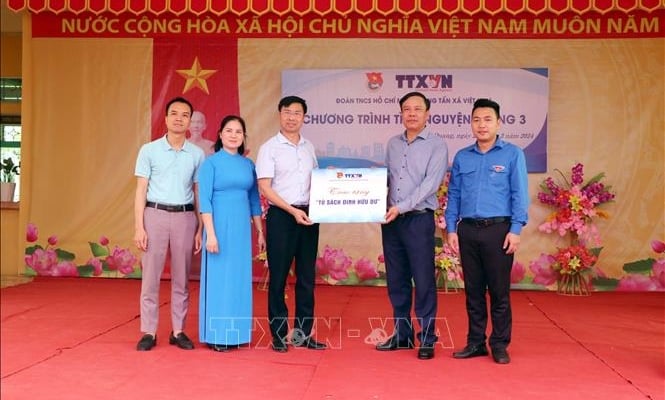
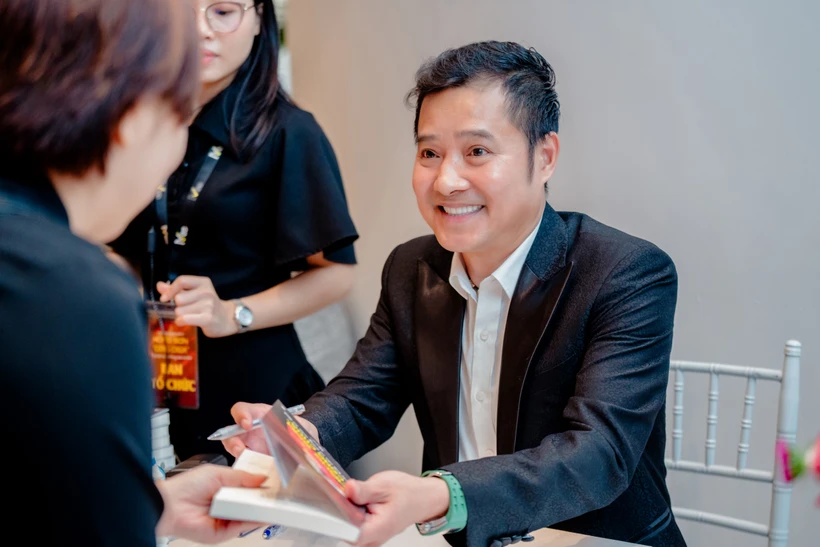

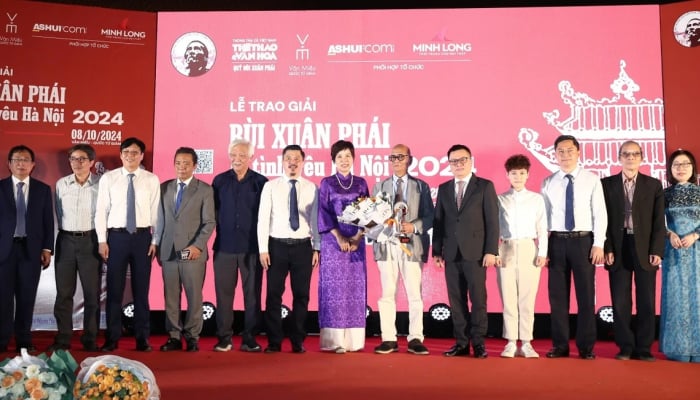
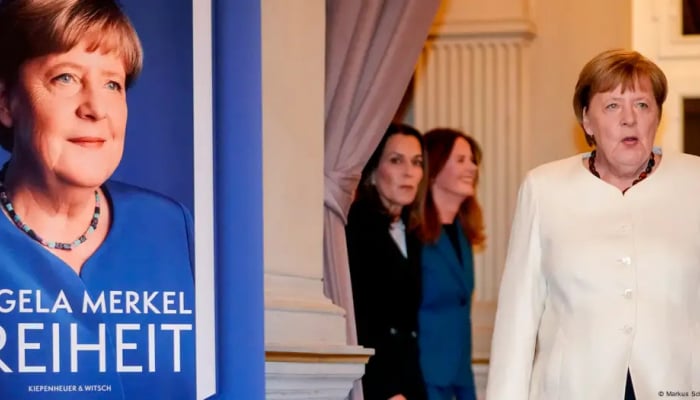
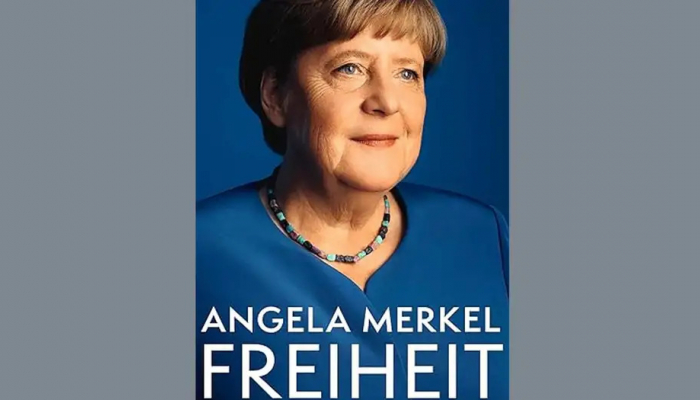


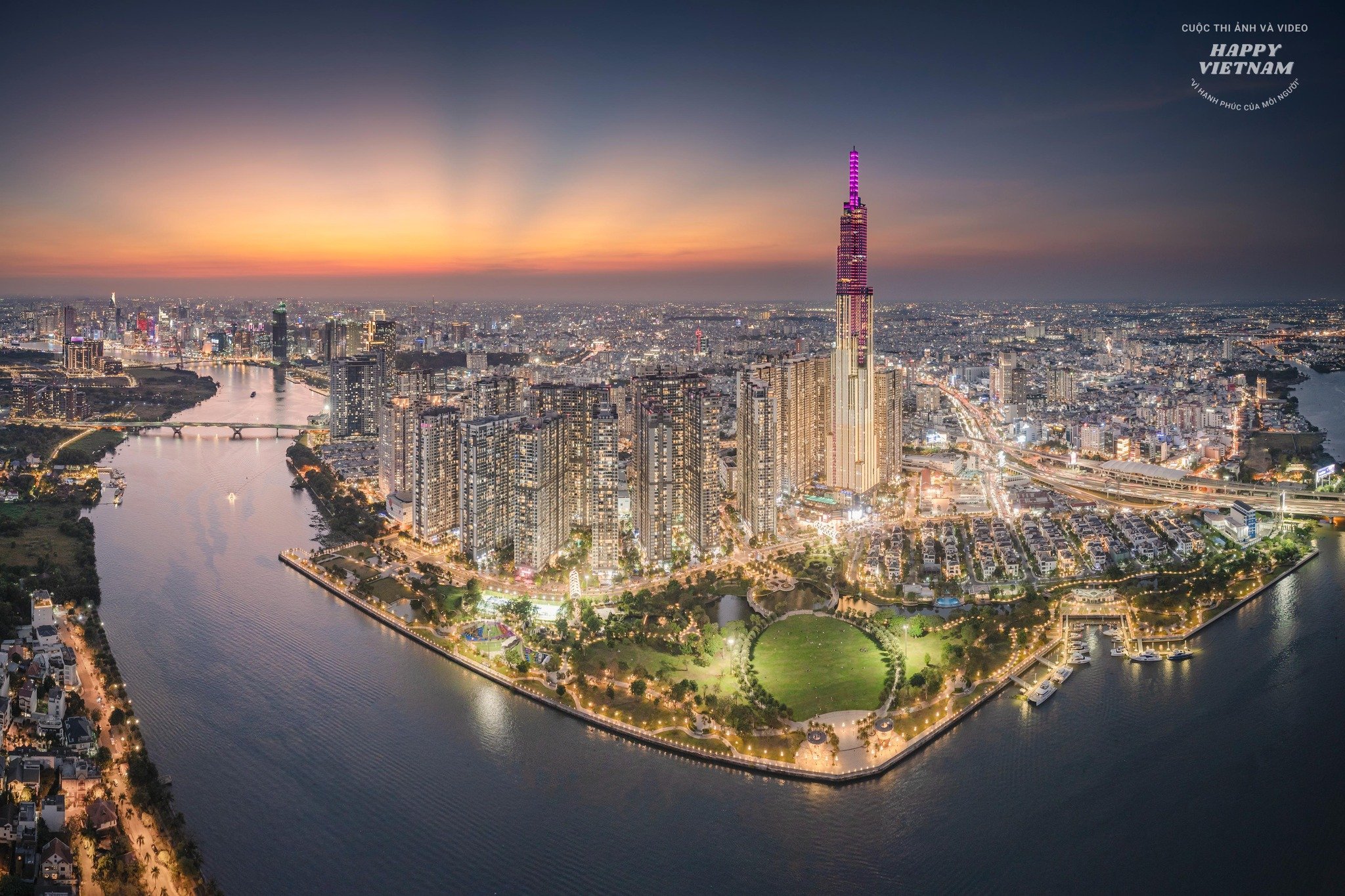

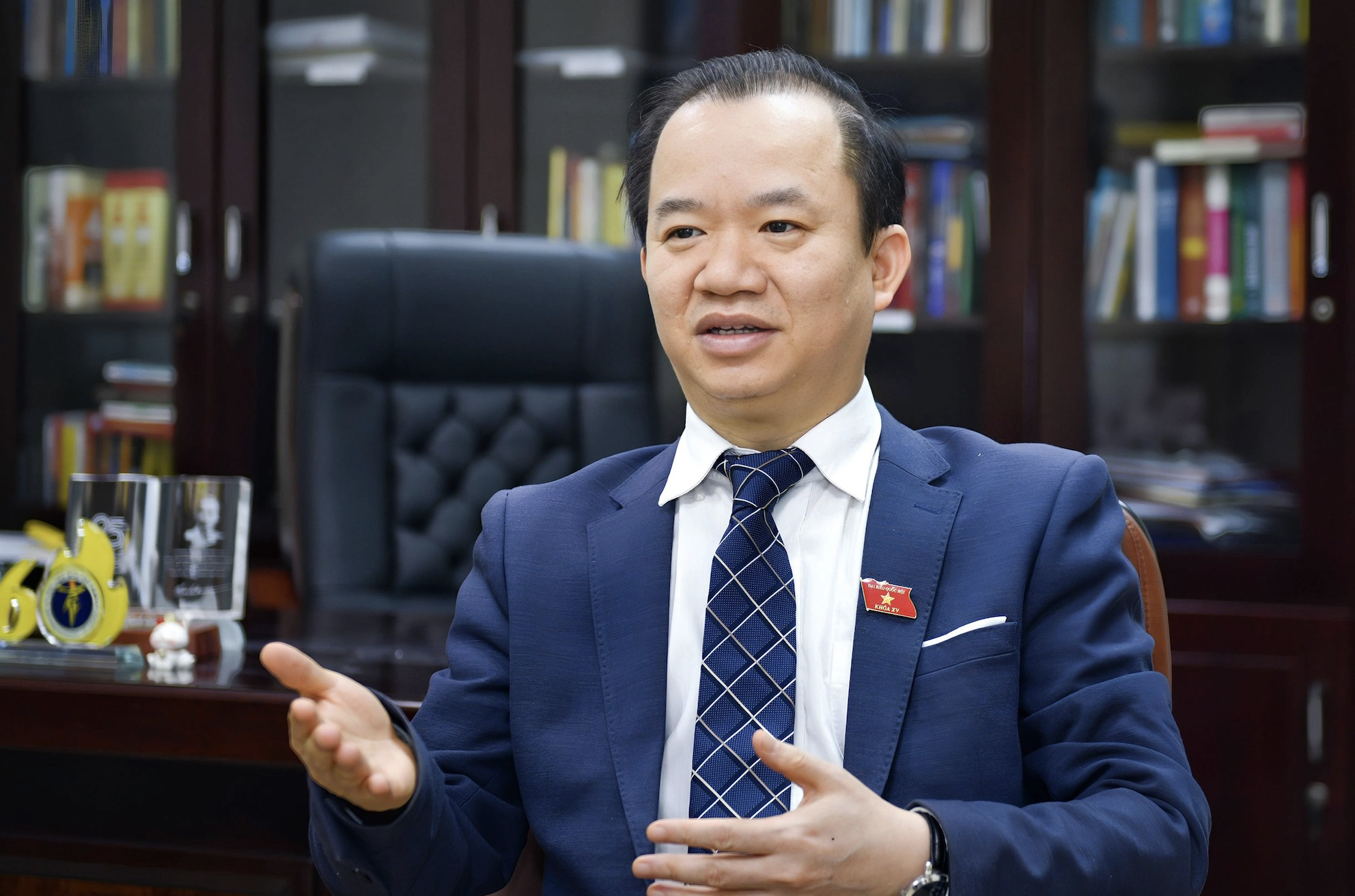


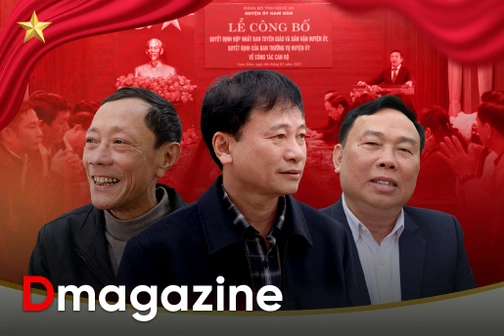
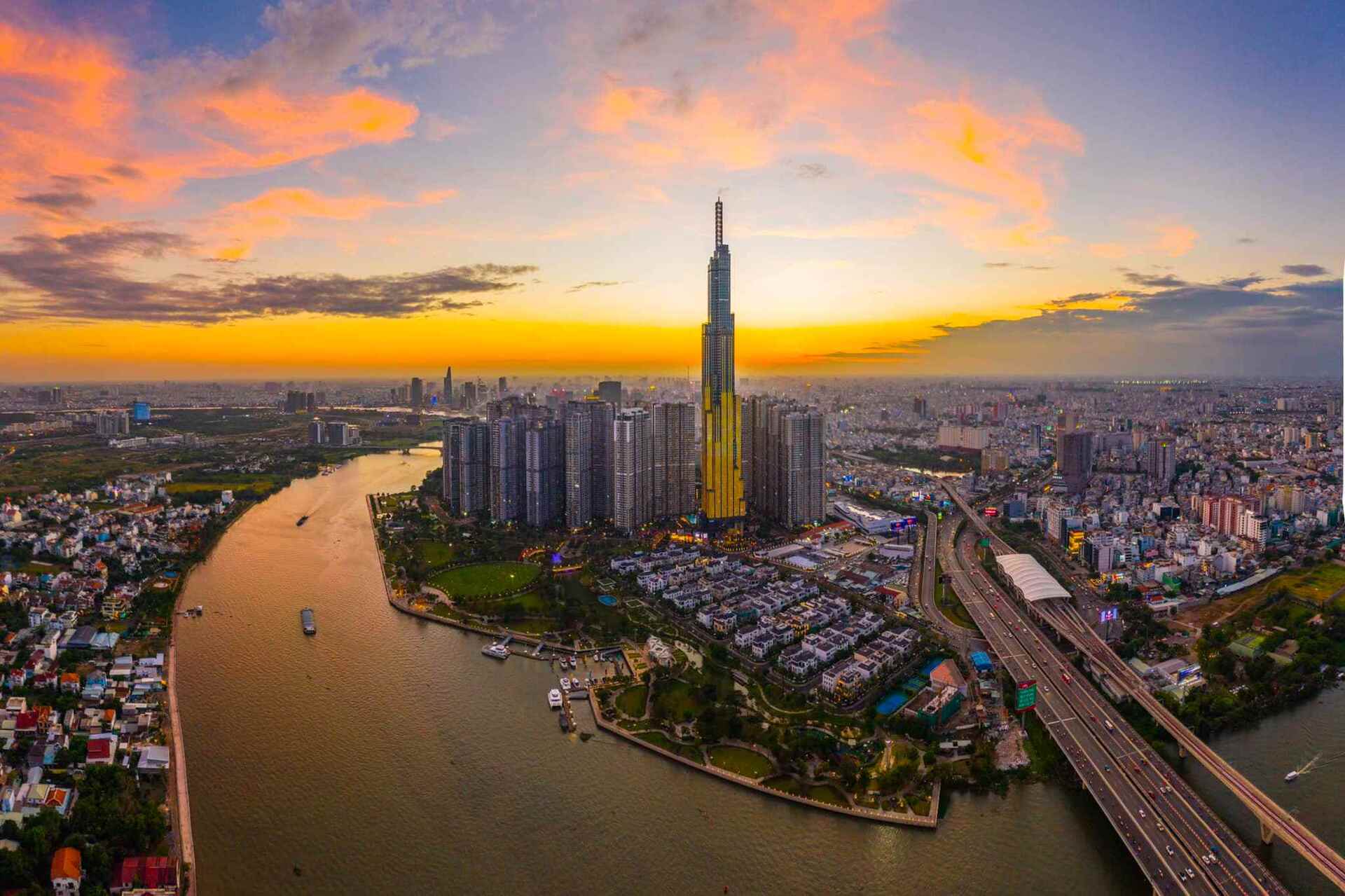






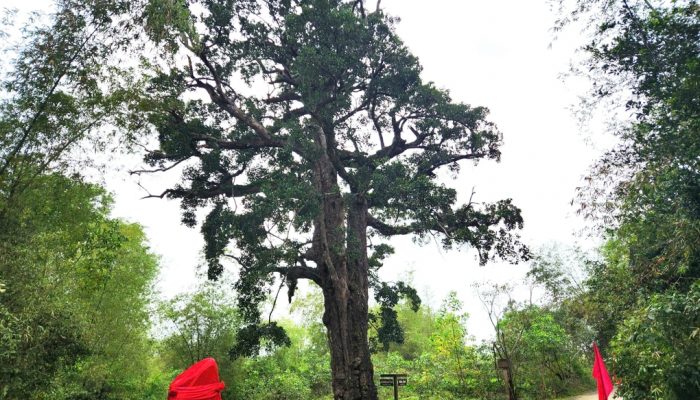
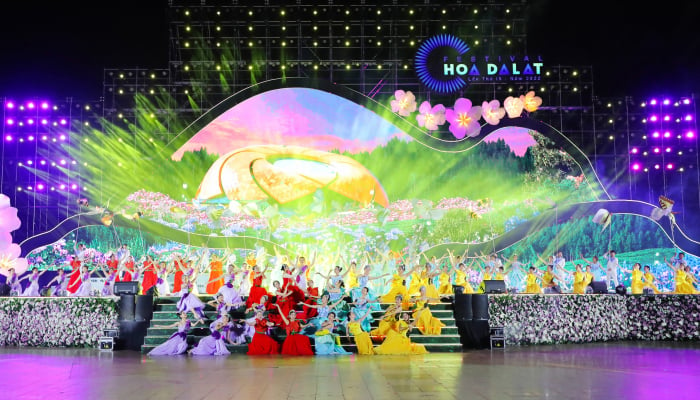
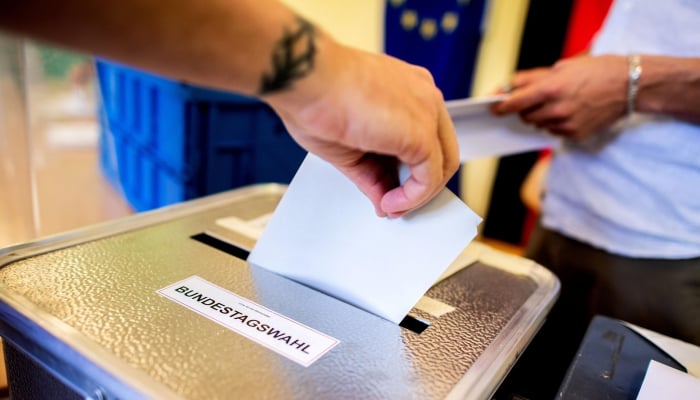

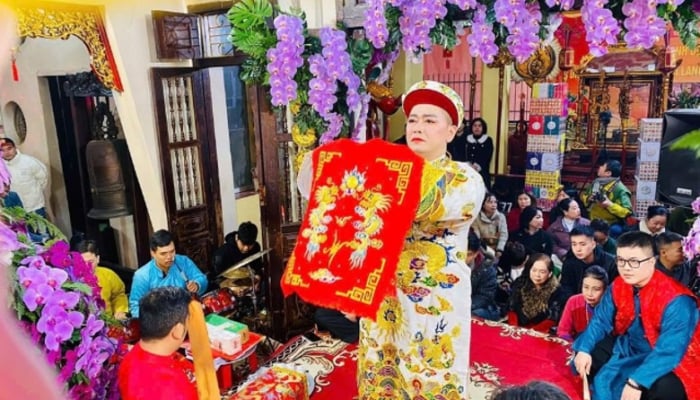







![[Photo] Prime Minister Pham Minh Chinh chairs Government Conference with localities on economic growth](https://vstatic.vietnam.vn/vietnam/resource/IMAGE/2025/2/21/f34583484f2643a2a2b72168a0d64baa)






















































Comment (0)